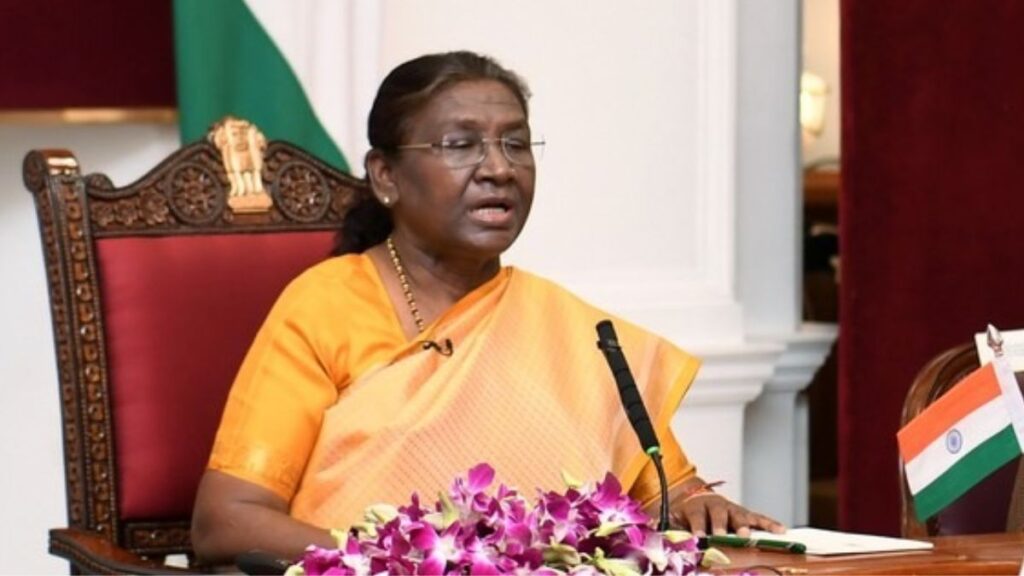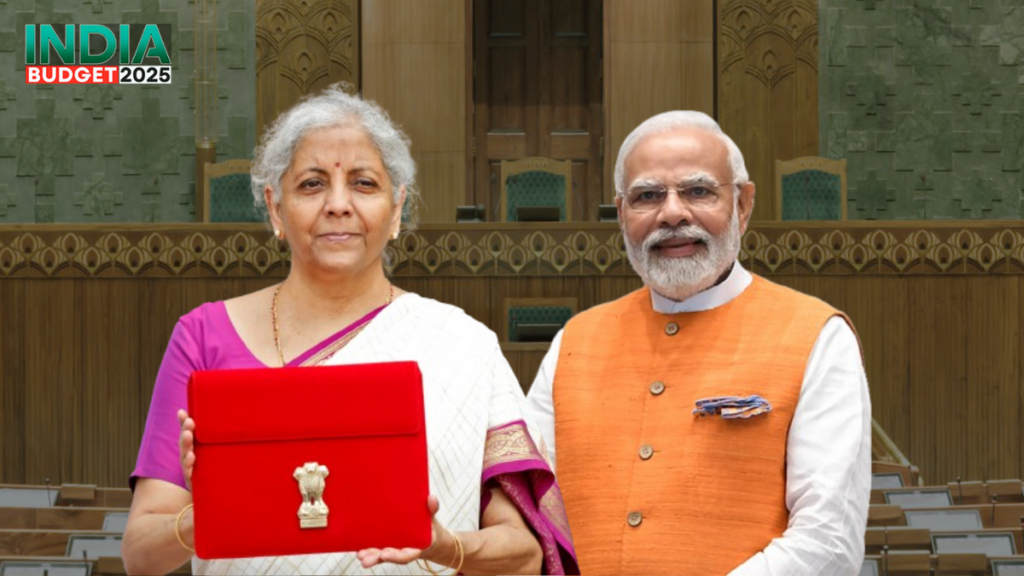
President Droupadi Murmu gives assent to Waqf (Amendment) bill 2025
President Droupadi Murmu gave her assent to the Waqf (Amendment) Bill, 2025, and Mussalman Wakf (Repeal) Bill, 2025. Both bills were passed by Parliament during the budget session.
The Law Ministry notifications, issued on Saturday (Apr 5), stated that the President gave her assent to both the bills.
The Rajya Sabha, on Friday (Apr 4), passed the bill with 128 votes in favour and 95 against. The Lok Sabha on the other hand cleared the bill after a lengthy debate, with 288 members voting in favour and 232 opposing it.
‘Watershed moment’
Earlier, Prime Minister Narendra Modi called the passage of the Waqf (Amendment) Bill of 2025 a “watershed moment” and said that the move would help the marginalised who were “denied both voice and opportunity.”
“The passage of the Waqf (Amendment) Bill and the Mussalman Wakf (Repeal) Bill by both Houses of Parliament marks a watershed moment in our collective quest for socio-economic justice, transparency and inclusive growth. This will particularly help those who have long remained on the margins, thus being denied both voice and opportunity,” PM Modi said in a post on X.
The passage of the Waqf (Amendment) Bill and the Mussalman Wakf (Repeal) Bill by both Houses of Parliament marks a watershed moment in our collective quest for socio-economic justice, transparency and inclusive growth. This will particularly help those who have long remained on…
— Narendra Modi (@narendramodi) April 4, 2025
Union Minority Affairs Minister Kiren Rijiju on Thursday tabled the Waqf (Amendment) Bill, 2025, in the Rajya Sabha, asserting that the proposed legislation is not against Muslims or intended to hurt their religious feelings.
Rijiju noted that the bill seeks to improve the functioning of Waqf properties, address the complexities, ensure transparency and introduce technology-driven management.
‘Legislation has nothing to do with religion’: Rijiju
Tabling the Bill in the Upper House, Rijiju said the proposed legislation has nothing to do with religion but deals only with properties. The bill was examined and redrafted by a Joint Parliamentary Committee (JPC).
Rijiju said that the Bill aims to include all the Muslim sects in the Waqf board and there were 4.9 lakh Waqf properties in 2004, which have now increased to 8.72 lakh. Rijiju said it aims to accomplish the unfulfilled tasks of the previous governments as he sought the opposition’s support to pass the Bill.
He also said that Waqf owns the largest chunk of properties in the country, leaving aside those owned by the defence and railways.
While responding to the charges made by the opposition, Rijiju said, “The Bill is not against Muslims… We don’t want to hurt anyone’s religious sentiments. The Waqf board is set up only to oversee, and not manage, Waqf properties.” “The government has introduced the Bill with a good intention, and thus renamed it as ‘UMEED’. No one should have any problem with the name,” he added.
(With inputs from agencies)





Responses